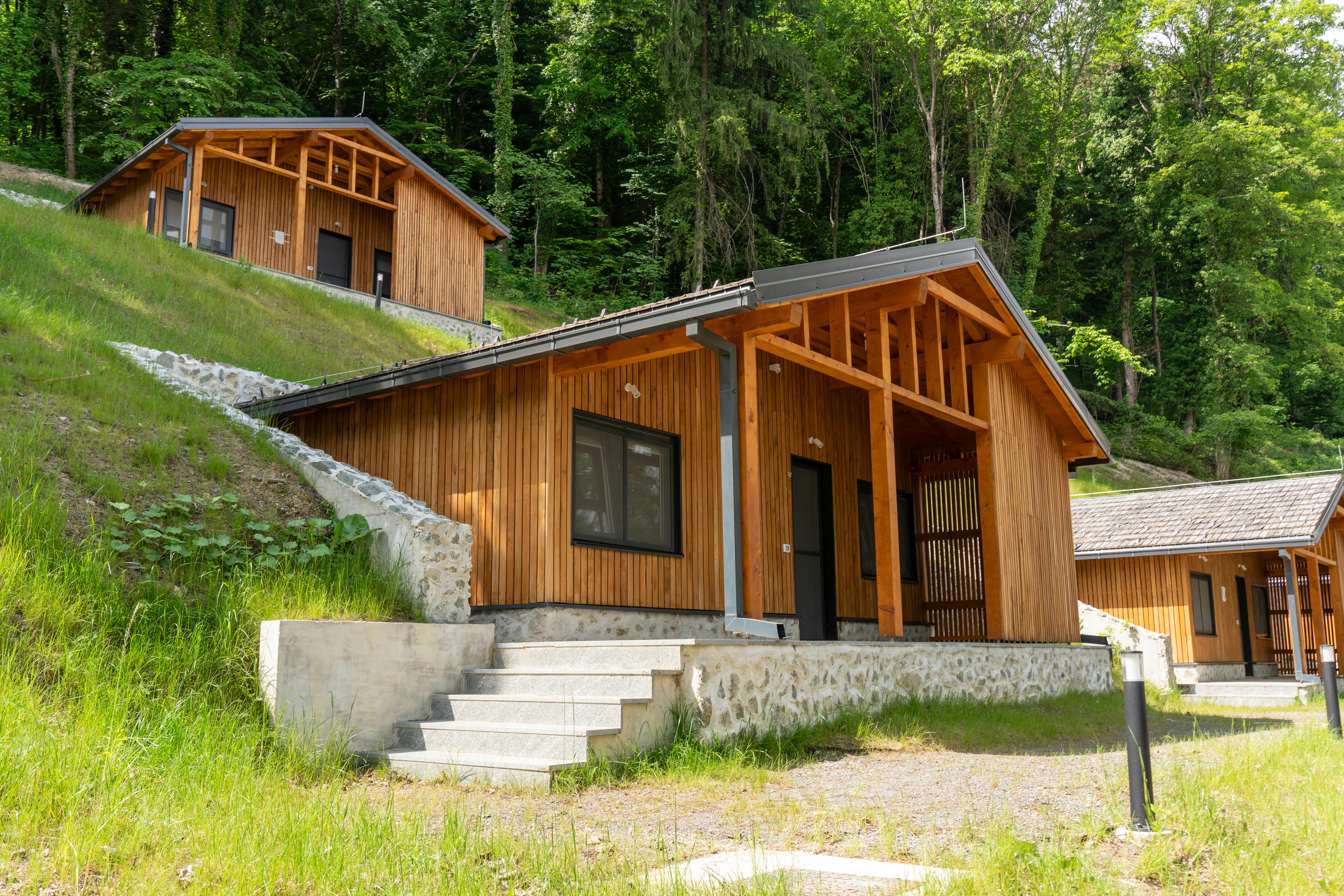
Improve Direct Booking CTR: 11 Title Tag and Meta Strategies for Vacation Rental Websites
Click-through rate (CTR) is the lifeblood of every vacation rental website’s direct booking funnel. If property managers and web agencies want to drive more commission-free reservations, they need to win the click first. We’ve seen firsthand how a refined approach to title tags and meta descriptions can dramatically lift qualified traffic—resulting in more bookings, not just more visitors. Let’s dive deep into the strategies that separate a generic listing from one that earns the guest’s attention and action.

Why Title Tags and Meta Descriptions Drive Direct Booking Success
Title tags and meta descriptions aren’t just SEO checkboxes. They serve as your website’s handshake—the critical first impression you make in search results. For Homerunner-powered sites, every property’s title tag and meta are a direct invitation to book. With property pages fully indexed on your domain, this optimization compounds across your entire portfolio, unlocking higher CTRs and maximizing every marketing dollar you spend.
11 Essentials: Title Tag & Meta Strategies for Higher Direct Booking CTR
1. Prioritize Transactional Intent Keywords
We always start by clearly signaling guest intent. Use keywords like book direct, reserve now, or vacation rental, not just property names. For example: “Book Direct: Aspen Family Cabin – No Fees”. This helps capture travelers ready to act, not just browse.
2. Location Is Everything
Searchers almost always include a destination. Always put city, region, or landmark front and center: “Malibu Oceanfront Villa – Book Direct”. Don’t hide your location in descriptions—make it impossible to miss.
3. Showcase Direct Booking Benefits
- No booking fees (guests love to see this upfront)
- Best price (exclusive to your website)
- Real-time availability (syncs with PMS for accuracy)
- Exclusive guest perks or extras (if offered)
Example meta: “Skip platform fees—book direct for the best rate, live availability, and a local welcome treat.”
4. Use Numbers and Concrete Value
Numbers stand out in search. Share starting rates, night minimums, or value: “Beachfront Homes from $150/Night – Book Direct”. Be specific—generality blends in.
5. Optimize for Mobile Devices
Over 60% of vacation rental searches are on mobile. Keep title tags under 60 characters and meta descriptions under 155 characters for clarity and full mobile display.
6. Make Property Names Unique and Descriptive
Generic names like “Unit A” go unnoticed. We recommend vibrant, memorable descriptors: “Sunny Pines Lakehouse” or “Seaside Serenity Cottage,” paired with the location and your brand (where possible).
7. Highlight Key Amenities and Features
- Pet-friendly, kid-friendly, or accessibility features
- Popular amenities: hot tub, pool, fire pit, waterfront, near attractions
- Unique experiences: stargazing decks, gourmet kitchens, etc.
Try title tags like “Pet-Friendly Smoky Mountains Cabin – Book Direct” to speak to guest priorities.

8. Create Urgency and Scarcity
Terms like “Limited Availability,” “Only 2 Dates Left,” or seasonal urgency (“Book Now for Summer Savings”) prompt faster action.
9. Reference Guest Reviews and Ratings
Where you have stellar feedback, don’t be shy: “Top-Rated Lake House, 4.9 Stars by Guests”. This quickly builds trust.
10. Include Your Brand or Company Name
For vacation rental businesses serious about repeat direct bookings, brand visibility matters. Consider: “Reserve Direct | Oceanview Villa – Homerunner” to help guests recognize and trust your page in a crowded field.
11. Test, Measure, and Adjust Everything
Small tweaks in language, order, or emphasis can have outsized impact. Use tools like Google Search Console or your Homerunner business intelligence dashboard to monitor CTR at a glance. Run A/B tests, swap keywords, and always iterate based on real data, not assumption. Learn more about using analytics for smarter optimization.
Sample: Building a High-Impact Title & Meta Combination
Title Tag: Book Direct: Luxury Waterfront Villa in Cape Cod | No Fees | Homerunner Meta Description: Reserve your Cape Cod vacation with Homerunner, luxury comforts, best price guaranteed, instant booking, exclusive welcome amenities. No hidden fees!
This formula hits every best practice: intent, value, location, and brand—in just a few words. Clarity converts.
Checklist: How to Optimize Your Property Pages Today
- Audit each property page for unique, local, transaction-focused titles and compelling meta descriptions.
- Edit directly in your WordPress dashboard or the Homerunner interface, sticking to proven character limits.
- Ensure every property has descriptive naming that distinguishes it from others in your portfolio.
- Weave in direct booking benefits—best price, no platform fees, live calendar, perks—for every page and collection.
- Review performance monthly, testing two to three title/meta variations to improve underperforming listings.
Advanced Tips: Leveraging Homerunner Functionality
- Because Homerunner displays all property and collection pages directly on your site, every meta tweak benefits Google visibility across your entire inventory. Even multi-property portfolios reap SEO rewards.
- Use Homerunner’s business intelligence dashboard to identify which properties deserve the most urgent meta rework. Focus first on high-impression, low-CTR listings.
- Customize meta descriptions for your themed or seasonal property collections, such as “Lake District Summer Escapes – Book Direct with [Your Company],” to capture different audience segments year-round. Read more about custom property collections.
Troubleshooting: Tackling Common CTR Issues
- Low CTR? Check for missing location keywords, generic descriptors, or unclear guest value in titles/metas.
- High bounce rate? Make sure your landing page delivers on every promise in the search snippet—from price to amenities to photos.
- Hidden listings? Try moving location or booking action keywords to the front. Ensure local relevance and brand are never buried.
How Meta Optimization Fits into Your Bigger Booking Picture
Fine-tuning titles and meta descriptions is foundational, but it’s just part of a modern direct booking strategy. Once you’re earning more clicks, ensure your site’s search, filters, and checkout experience work just as hard to convert visitors. Explore advanced tactics in topics like powerful search and filter design and SEO for WordPress vacation rental sites for the next layer of optimization.

Final Thoughts: Take Ownership of Your Direct Booking Growth
Optimizing title tags and meta descriptions is one of the highest-leverage, lowest-cost steps anyone managing vacation rentals can take. For us at Homerunner, it’s about more than SEO—it’s about empowering property managers and web agencies to own the guest journey, starting with the very first click.
Ready for more insider strategies? Explore our guide to getting more direct bookings or see how easy it is to transform your WordPress site into a professional booking engine with Homerunner. Your listing deserves to stand out—let’s make every click count.